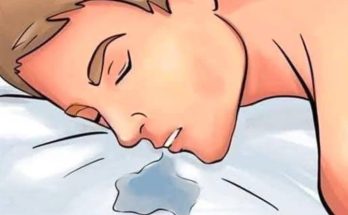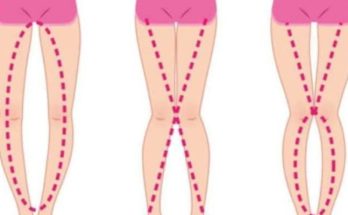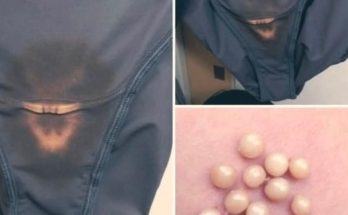Introduction
Aging is an inevitable part of life, yet some aspects of growing older remain shrouded in mystery, discomfort, or societal silence. One such topic, which people rarely discuss openly, is how the penis changes as men age. While conversations about aging often focus on wrinkles, joint pain, or memory loss, the transformations that occur in male genitalia tend to be overlooked.
This article delves into what happens to the penis as men grow older, the physiological changes that occur, and the myths versus realities surrounding this often-ignored topic. Whether out of curiosity, concern, or a quest for knowledge, this deep dive into the male anatomy’s aging process will shed light on what few dare to talk about.
The Science of Aging and the Male Reproductive System
As men age, their bodies undergo numerous changes. These changes aren’t limited to external appearance but also extend to internal functions, including hormonal levels, blood circulation, and muscle tone.
One of the primary factors influencing changes in the penis is a decline in testosterone levels. Testosterone, the male hormone responsible for sex drive, muscle mass, and sperm production, naturally decreases with age. This reduction can lead to various effects, including:
- Decreased libido
- Changes in erectile function
- Reduced blood flow to the genital region
- Loss of penile elasticity
- Shrinking of penile tissue
How the Penis Changes With Age
1. Loss of Elasticity and Size Reduction
One of the most noticeable changes is a reduction in penile size. While the actual loss may be minimal, it can be concerning to many men. The reason for this decrease is due to reduced blood flow and the accumulation of fatty deposits in the arteries, which impact circulation. Additionally, collagen, the protein responsible for skin elasticity, diminishes with age, causing the skin to lose its firmness.
2. Altered Sensation and Sensitivity
Another common change is a decrease in penile sensitivity. This can impact sexual pleasure and response, making it more challenging for older men to achieve the same level of stimulation as they did in their younger years.
3. Erectile Function and Hardness
Erectile dysfunction (ED) becomes more prevalent as men age. While ED is not necessarily an inevitable consequence of aging, the risk increases due to factors like reduced testosterone, poor circulation, and underlying health conditions such as diabetes or heart disease.
4. Changes in the Scrotum and Testicles
The scrotum may sag more with age due to the loss of skin elasticity, and testicles may shrink in size. This is a normal part of aging but can be exacerbated by lifestyle choices or medical conditions.
Common Myths About Aging and the Penis
Myth 1: Old Men Can’t Get Erections
While erectile dysfunction is more common in older men, it doesn’t mean that all elderly men lose their ability to have erections. Many men remain sexually active well into their later years, especially with advancements in medical treatments such as Viagra and lifestyle improvements.
Myth 2: Testosterone Replacement Therapy Can Reverse All Changes
Testosterone therapy can help restore some vitality and sex drive, but it is not a magical solution. While it may enhance libido and energy levels, it does not completely reverse the natural aging process of the penis.
Myth 3: A Healthy Lifestyle Won’t Help
On the contrary, maintaining a healthy lifestyle significantly impacts sexual health. Regular exercise, a balanced diet, avoiding smoking and excessive alcohol, and managing stress can slow down many of the age-related changes in male genitalia.
How to Maintain Penile Health as You Age
While aging is inevitable, there are ways to slow down some of the undesirable changes and maintain sexual health:
- Exercise Regularly: Cardiovascular workouts improve blood circulation, which benefits erectile function.
- Eat a Balanced Diet: Foods rich in antioxidants, healthy fats, and lean proteins support vascular health.
- Quit Smoking and Reduce Alcohol Consumption: Smoking narrows blood vessels and reduces circulation, negatively impacting erectile function.
- Practice Safe Sex: Older men are still susceptible to sexually transmitted infections (STIs), so protection is essential.
- Regular Check-ups: Visiting a doctor for regular screenings can help detect underlying health conditions early.
Conclusion
The aging process affects every part of the body, including the penis. While changes such as reduced elasticity, altered sensitivity, and erectile challenges are common, they do not mean the end of a fulfilling sex life. Understanding these transformations allows men to make informed decisions about their health and well-being.
By debunking myths and embracing a proactive approach, men can age gracefully and maintain a satisfying quality of life. After all, open conversations about such topics can help break the silence and provide reassurance that aging is a natural, manageable process.



